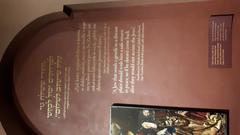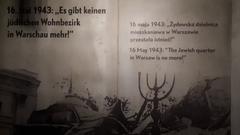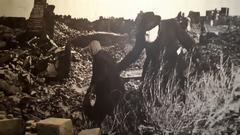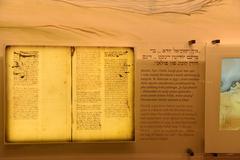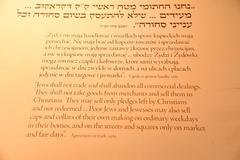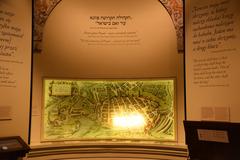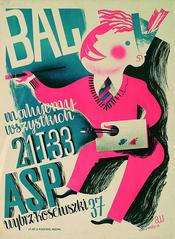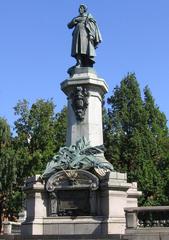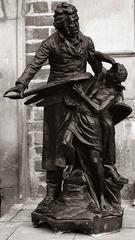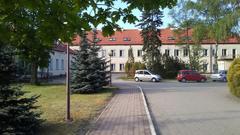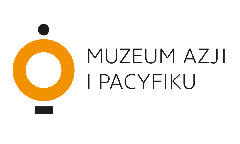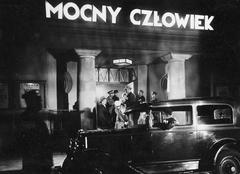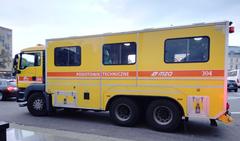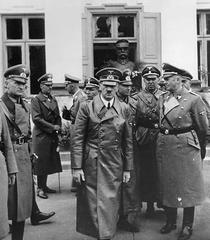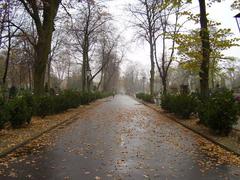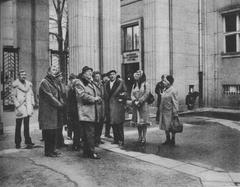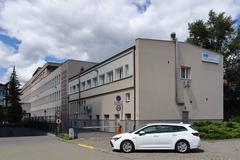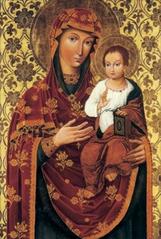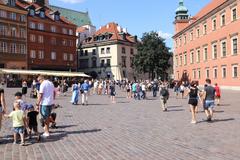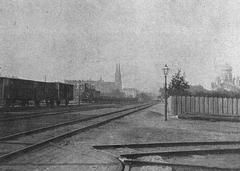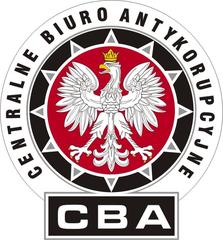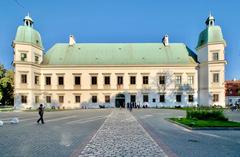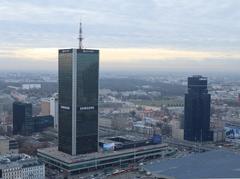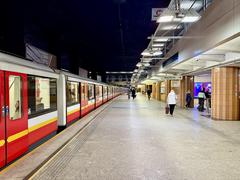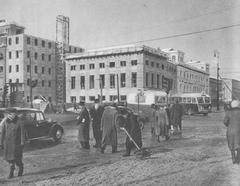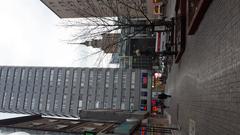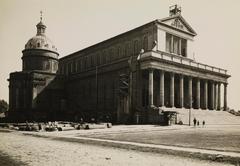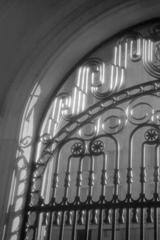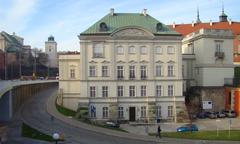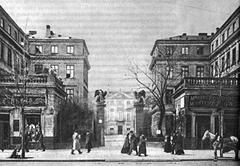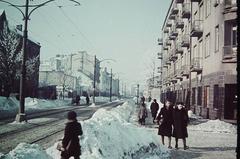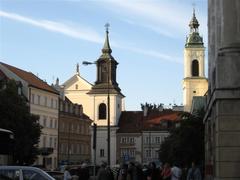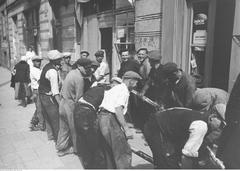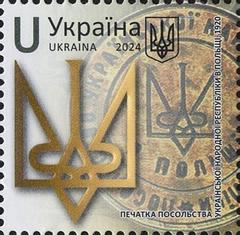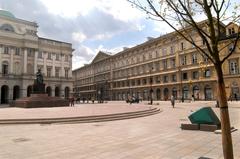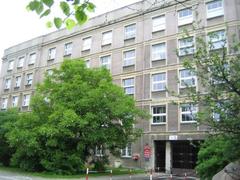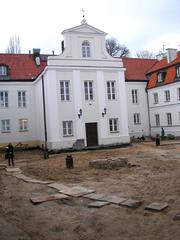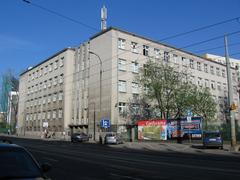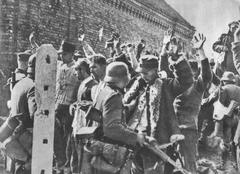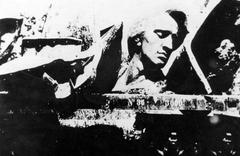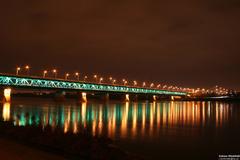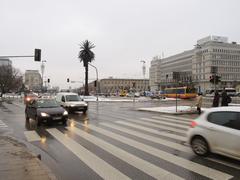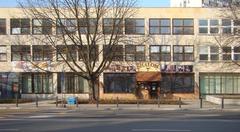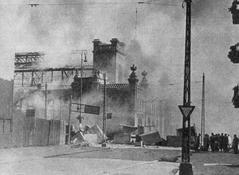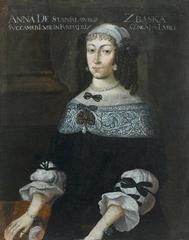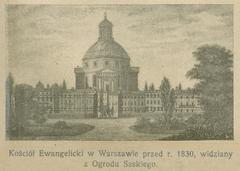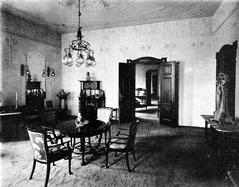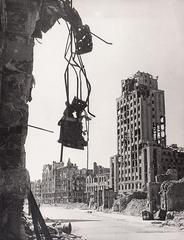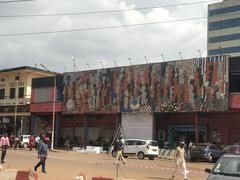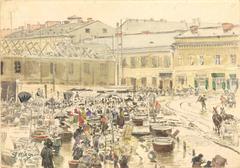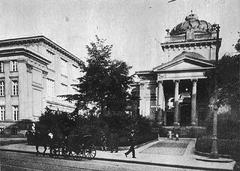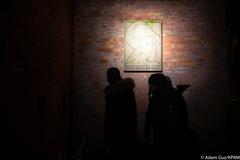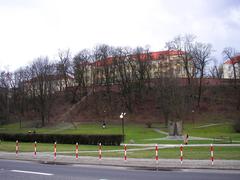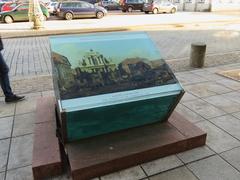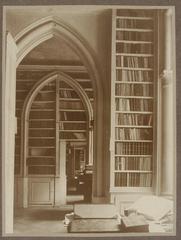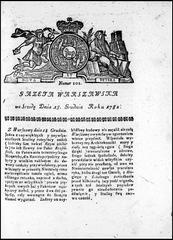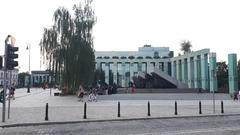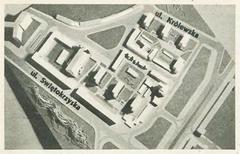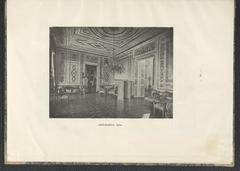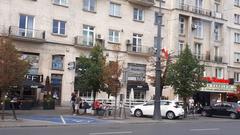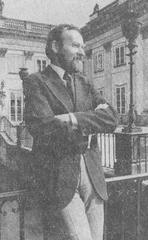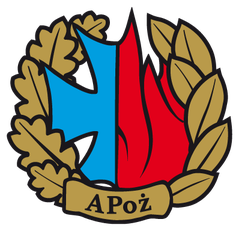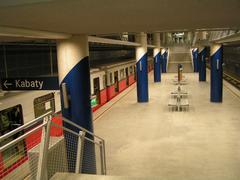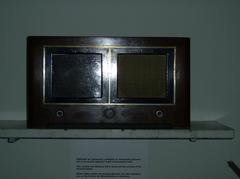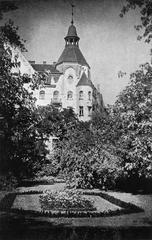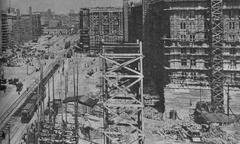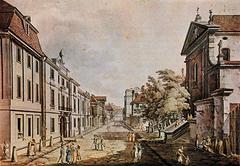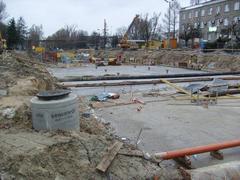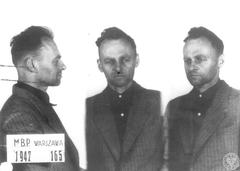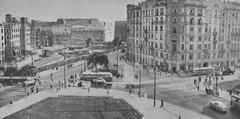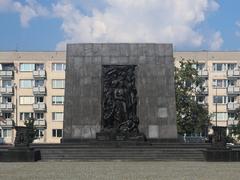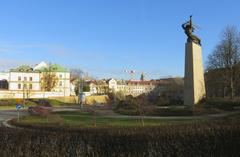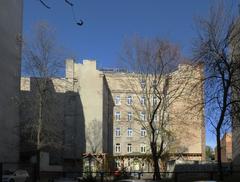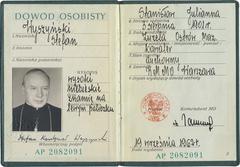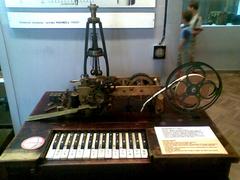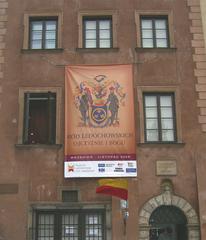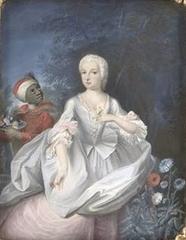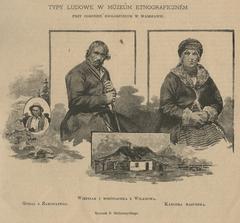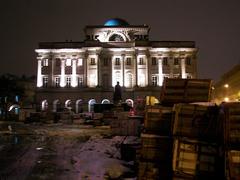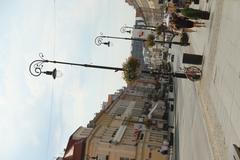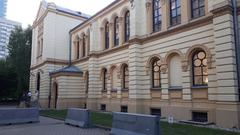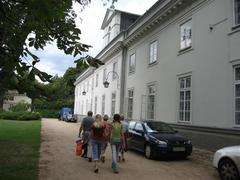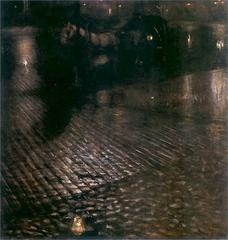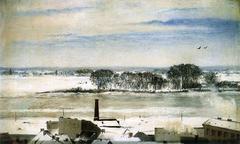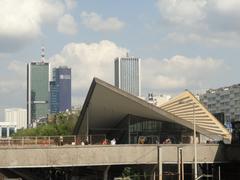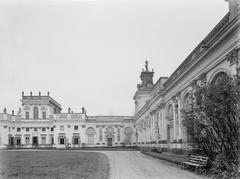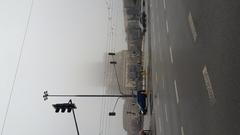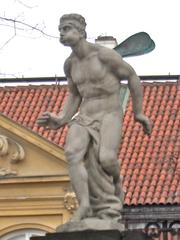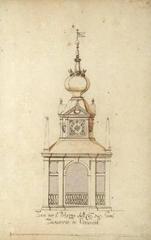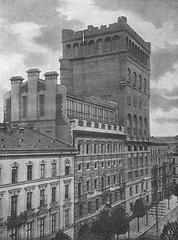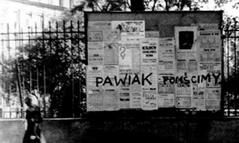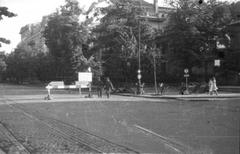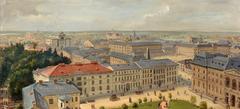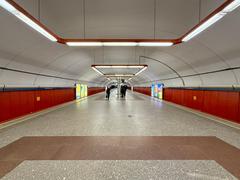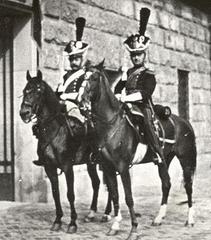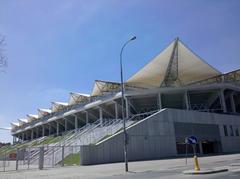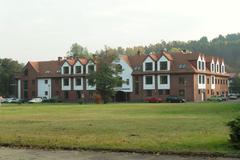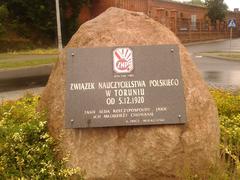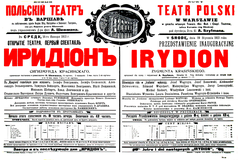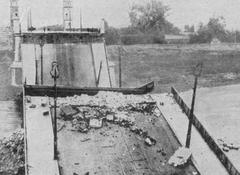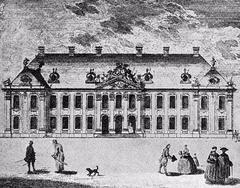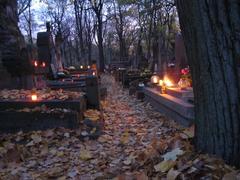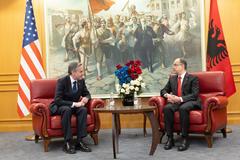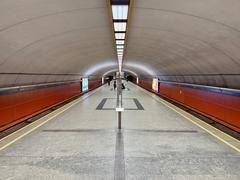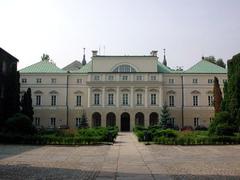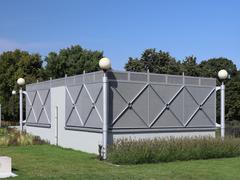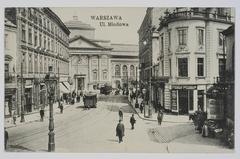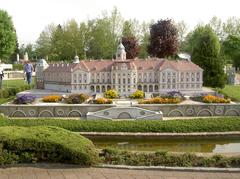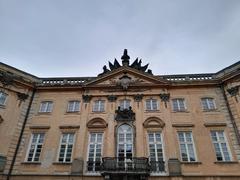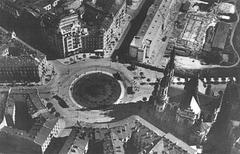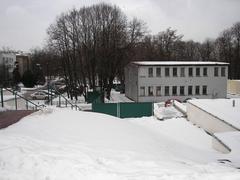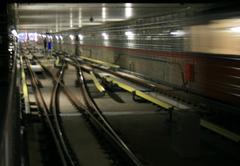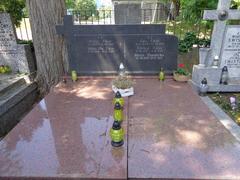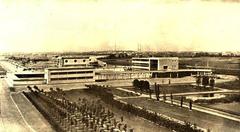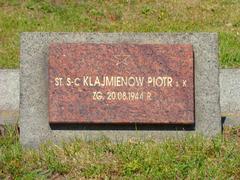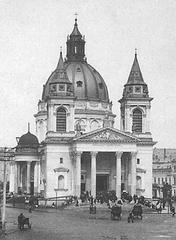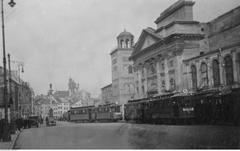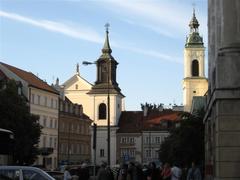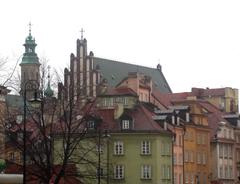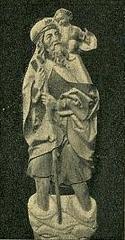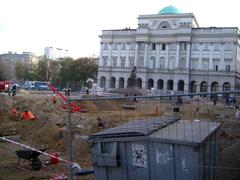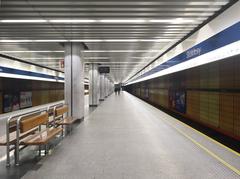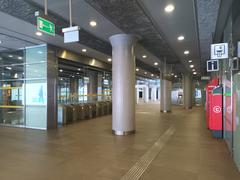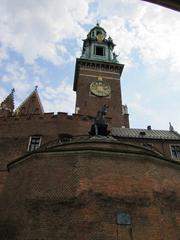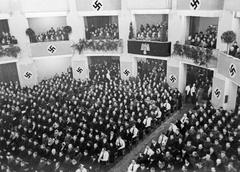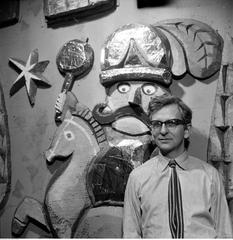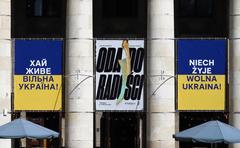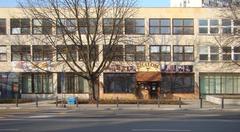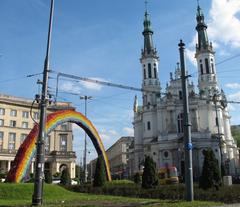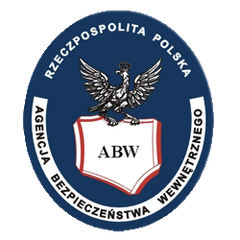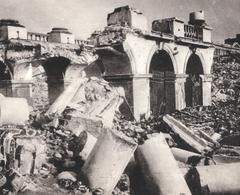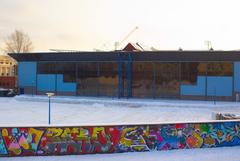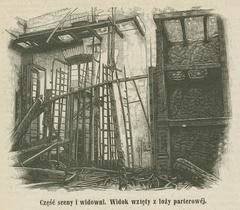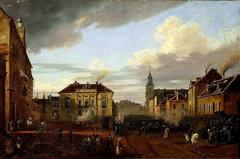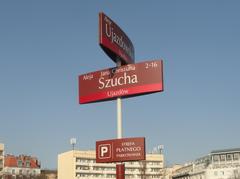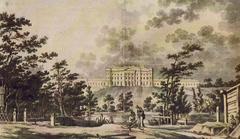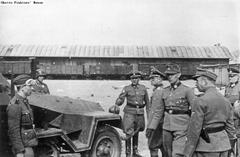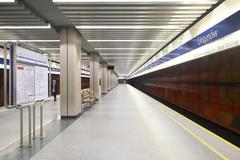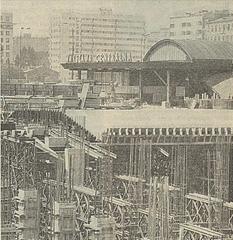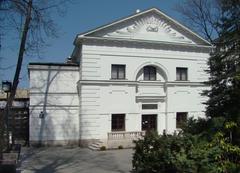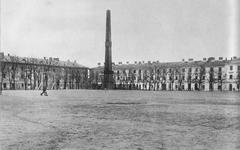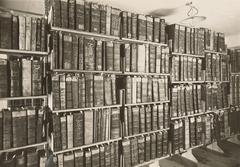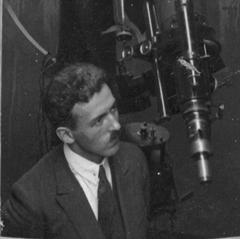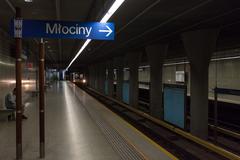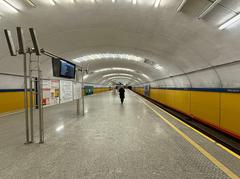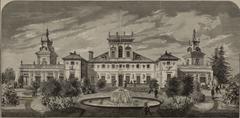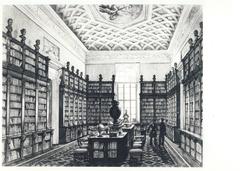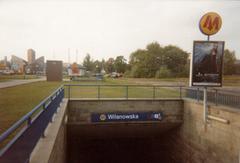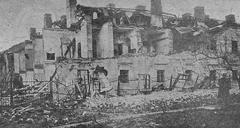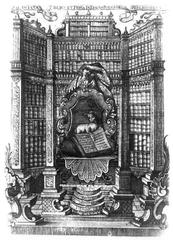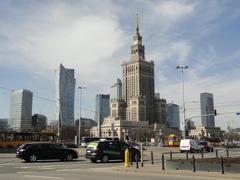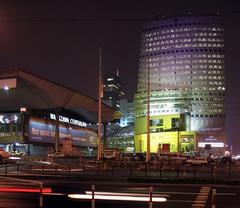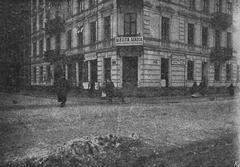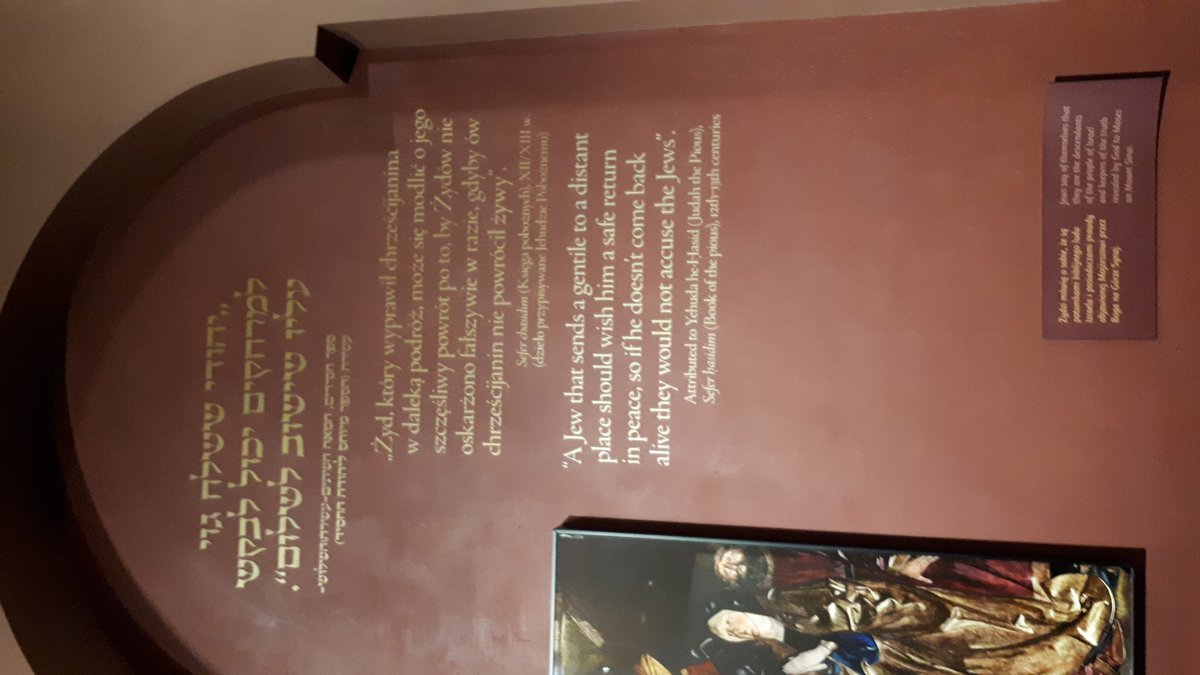
Polin Museum of the History of Polish Jews Visitor Guide
Date: 17/07/2024
Introduction
Welcome to the Polin Museum of the History of Polish Jews, a pivotal institution located in Warsaw, Poland, that offers a profound exploration of the Jewish experience throughout a millennium. Situated on the historic grounds of the former Warsaw Ghetto, the museum serves as both a memorial to Jewish life in Poland and an educational cornerstone (Polin Museum). Officially opened in 2014, the Polin Museum was a collaborative effort fueled by the Association of the Jewish Historical Institute of Poland, the Polish government, the City of Warsaw, and various international Jewish organizations. This museum stands as a beacon of historical preservation, cultural education, and remembrance, encapsulating a journey through the vibrant and tragic chapters of Jewish history in Poland (Polin Museum History).
Designed by Finnish architects Rainer Mahlamäki and Ilmari Lahdelma, the museum’s architecture is a blend of modern aesthetics and symbolic elements. It features a facade of glass and copper, representing transparency and history, while the undulating interior walls evoke the image of the parted Red Sea, a pivotal moment in Jewish lore. Visitors to the Polin Museum can engage with a permanent exhibition that spans eight galleries, each meticulously detailing different eras of Jewish life in Poland, from medieval times to the present day. The museum also hosts temporary exhibitions, educational programs, and cultural events that enrich the visitor experience and provide deeper insights into Jewish history and heritage (Polin Permanent Exhibition).
This comprehensive guide aims to provide you with all the necessary information to plan your visit, including ticket prices, visiting hours, travel tips, and nearby attractions. Whether you are a history enthusiast, a student, or a curious traveler, the Polin Museum offers a unique and immersive journey through the history of Polish Jews.
Table of Contents
- Introduction
- Origins and Establishment
- Architectural Design
- Exhibitions
- Temporary Exhibitions
- Educational Programs and Workshops
- Cultural Events and Performances
- Visitor Information
- Visitor Tips
- FAQ
- Conclusion
Origins and Establishment
The museum’s origins trace back to the early 1990s, a period marked by a renewed interest in Jewish heritage and history in Poland. The idea for the museum was first proposed by the Association of the Jewish Historical Institute of Poland in 1993. The project gained momentum with the support of the Polish government, the City of Warsaw, and international Jewish organizations.
In 2005, the cornerstone for the museum was laid on the site of the former Warsaw Ghetto, a location of profound historical significance. The museum’s name, ‘Polin,’ means ‘Poland’ in Hebrew and also ‘rest here,’ symbolizing a land of refuge for Jews.
Architectural Design
Designed by Finnish architects Rainer Mahlamäki and Ilmari Lahdelma, the museum’s architecture is both modern and symbolic. The building’s facade features glass and copper, representing transparency and history. The interior’s undulating walls signify the parted Red Sea, a crucial event in Jewish history.
Exhibitions
The museum boasts a permanent exhibition that covers 1,000 years of Jewish history in Poland. You’ll find eight galleries, each portraying different eras, from the medieval period to contemporary times. Interactive displays, artifacts, and multimedia installations make the experience immersive and educational.
Forest Gallery
The journey begins in the Forest Gallery, which symbolizes the mythic origins of Polish Jews. This gallery uses multimedia installations to narrate the legend of Jewish settlers arriving in Poland, a land depicted as a paradise for Jews.
First Encounters (960-1500)
This gallery explores the early history of Jews in Poland, from the first settlements to the establishment of Jewish communities. Artifacts, documents, and interactive displays illustrate the integration of Jews into Polish society and their contributions to the economy and culture.
Paradisus Iudaeorum (1569-1648)
The “Paradisus Iudaeorum” gallery covers the period when Poland was known as a “Jewish paradise.” This era saw the flourishing of Jewish culture, education, and religious life. Highlights include a replica of a 17th-century synagogue and exhibits on Jewish self-governance.
The Jewish Town (1648-1772)
This section recreates the vibrant life of Jewish towns (shtetls) in the Polish-Lithuanian Commonwealth. Visitors can explore a reconstructed market square, homes, and synagogues, gaining insight into daily life, traditions, and the challenges faced by Jewish communities.
Encounters with Modernity (1772-1914)
The gallery on modernity examines the impact of the Enlightenment, industrialization, and political changes on Jewish life. Exhibits highlight the Haskalah (Jewish Enlightenment), the rise of Hasidism, and the diverse responses of Jews to modernity, including assimilation and Zionism.
On the Jewish Street (1918-1939)
This gallery focuses on the interwar period, a time of cultural renaissance and political challenges for Polish Jews. Visitors can explore a recreated street scene, complete with shops, cafes, and cultural institutions, reflecting the dynamic and diverse Jewish life in the Second Polish Republic.
Holocaust (1939-1945)
The Holocaust gallery is a poignant and powerful exploration of the destruction of Polish Jewry during World War II. Through personal testimonies, photographs, and artifacts, the exhibition documents the horrors of the ghettos, concentration camps, and the resistance efforts of Jews.
Postwar Years (1945-present)
The final gallery examines the postwar history of Jews in Poland, from the immediate aftermath of the Holocaust to contemporary Jewish life. It addresses the challenges of rebuilding communities, the impact of communism, and the revival of Jewish culture and identity in modern Poland.
Temporary Exhibitions
In addition to the core exhibition, the Polin Museum hosts a variety of temporary exhibitions that delve into specific aspects of Jewish history, culture, and art. These exhibitions change regularly, offering fresh perspectives and new research findings.
Recent and Upcoming Exhibitions
- “Gdynia – Tel Aviv” - This exhibition explores the architectural and cultural connections between the Polish city of Gdynia and Tel Aviv, highlighting the influence of modernist architecture and the shared history of Jewish communities in both cities.
- “Estranged - March ‘68 and Its Aftermath” - This exhibition examines the anti-Semitic campaign in Poland in 1968, which led to the emigration of thousands of Polish Jews. It includes personal stories, photographs, and documents that shed light on this dark chapter in Polish history.
Educational Programs and Workshops
The Polin Museum offers a wide range of educational programs and workshops for visitors of all ages. These programs are designed to deepen understanding of Jewish history and culture through interactive and engaging activities.
School Programs
The museum provides tailored educational programs for school groups, including guided tours, workshops, and interactive lessons. These programs align with the Polish national curriculum and aim to foster tolerance and mutual understanding among students.
Family Workshops
Family workshops offer hands-on activities that allow children and parents to explore Jewish traditions, holidays, and history together. These workshops often include arts and crafts, storytelling, and cooking demonstrations.
Adult Education
For adult visitors, the museum offers lectures, panel discussions, and courses on various topics related to Jewish history and culture. These programs feature renowned scholars, authors, and artists, providing in-depth insights and fostering intellectual engagement.
Cultural Events and Performances
The Polin Museum is also a vibrant cultural center, hosting a variety of events and performances that celebrate Jewish heritage and contemporary culture.
Concerts and Theater
The museum’s auditorium and outdoor spaces are venues for concerts, theater performances, and film screenings. These events feature both traditional and contemporary Jewish music, theater productions, and films that explore Jewish themes and stories.
Festivals and Special Events
The museum organizes annual festivals and special events, such as the Warsaw Jewish Film Festival and the Jewish Culture Festival. These events attract visitors from around the world and showcase the richness and diversity of Jewish culture through films, music, dance, and culinary experiences.
Visitor Information
Ticket Prices and Opening Hours
- Ticket Prices - Adult tickets are 25 PLN, reduced tickets are 15 PLN, and family tickets are 60 PLN. Admission is free on Thursdays.
- Opening Hours - The museum is open Monday, Thursday, and Friday from 10:00 AM to 6:00 PM, Wednesday from 10:00 AM to 8:00 PM, and Saturday and Sunday from 10:00 AM to 8:00 PM. The museum is closed on Tuesdays.
Accessibility
The museum is fully accessible to visitors with disabilities. Wheelchairs are available at the entrance, and all exhibitions are designed to be accessible to all visitors.
Nearby Attractions
- Warsaw Old Town - A UNESCO World Heritage site, the Old Town offers a charming mix of historic buildings, cobblestone streets, and vibrant cafes.
- Royal Castle - Discover the history and grandeur of this iconic Warsaw landmark, located just a short distance from the museum.
- Lazienki Park - Enjoy a leisurely stroll through this beautiful park, which features palaces, gardens, and a picturesque lake.
Visitor Tips
To make the most of your visit to the Polin Museum, consider the following tips:
- Plan Ahead - Check the museum’s website for information on current exhibitions, events, and opening hours. Booking tickets in advance is recommended, especially for guided tours and special events.
- Guided Tours - Take advantage of the guided tours offered by the museum. These tours provide valuable context and insights, enhancing your understanding of the exhibitions.
- Interactive Displays - Engage with the interactive displays and multimedia installations throughout the museum. These features offer a dynamic and immersive experience.
- Museum Shop - Visit the museum shop for a selection of books, souvenirs, and unique gifts related to Jewish history and culture.
- Café - Take a break at the museum café, which offers a variety of refreshments and traditional Jewish dishes.
Frequently Asked Questions (FAQ)
- What are the Polin Museum’s opening hours? The museum is open Monday, Thursday, and Friday from 10:00 AM to 6:00 PM, Wednesday from 10:00 AM to 8:00 PM, and Saturday and Sunday from 10:00 AM to 8:00 PM. The museum is closed on Tuesdays.
- How much are tickets for the Polin Museum? Adult tickets are 25 PLN, reduced tickets are 15 PLN, and family tickets are 60 PLN. Admission is free on Thursdays.
- Is the museum accessible to visitors with disabilities? Yes, the museum is fully accessible to visitors with disabilities. Wheelchairs are available at the entrance, and all exhibitions are designed to be accessible to all visitors.
For more information and to plan your visit, check the Polin Museum’s official website.
Conclusion
The Polin Museum of the History of Polish Jews is more than just a museum; it is a living testament to the enduring spirit and rich cultural heritage of the Jewish community in Poland. From its symbolic architecture to its interactive and poignant exhibitions, the museum offers an unparalleled educational experience that spans a thousand years of history. Visitors can engage deeply with the past through the meticulously curated galleries, which cover significant periods such as the medieval era, the flourishing of Jewish culture in the Polish-Lithuanian Commonwealth, the harrowing years of the Holocaust, and the post-war revival of Jewish life (Polin Exhibitions).
The museum’s role as a cultural and educational hub is further enhanced by its diverse range of temporary exhibitions, educational programs, and cultural events. These initiatives not only preserve Jewish history but also foster a greater understanding and appreciation of Jewish culture among visitors of all ages. Whether you are exploring the recreated shtetls, learning about the impact of the Enlightenment on Jewish life, or attending a concert or lecture, the Polin Museum provides a multifaceted and enriching experience (Polin Events).
In conclusion, a visit to the Polin Museum is a deeply moving and educational journey that offers valuable insights into the Jewish experience in Poland. This guide is designed to help you make the most of your visit, from practical information about ticket prices and visiting hours to tips on nearby attractions and accessibility. We encourage you to explore this remarkable institution and discover the profound stories that have shaped Jewish history and culture in Poland. For more information and updates, be sure to visit the Polin Museum’s official website and follow their social media channels.
References
- Polin Museum of the History of Polish Jews Polin Museum
- Polin Museum History Polin Museum History
- Polin Permanent Exhibition Polin Exhibitions
- Polin Events Polin Events
